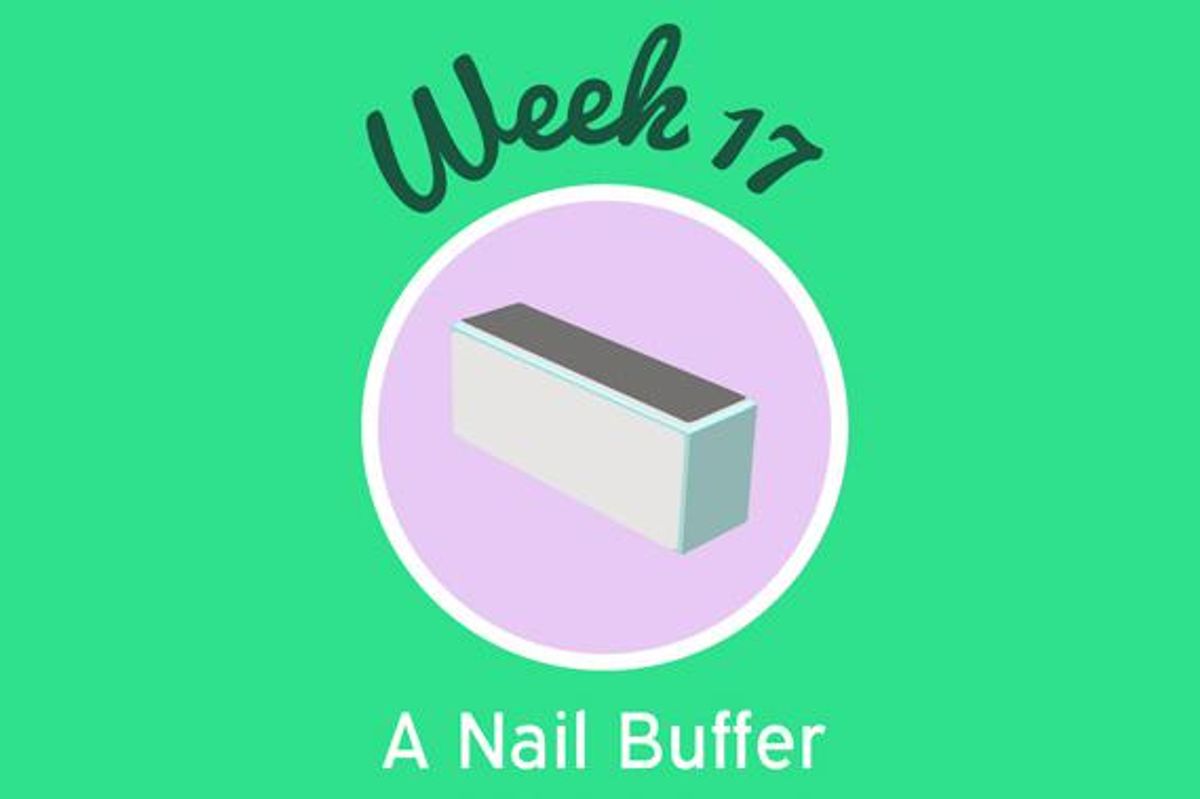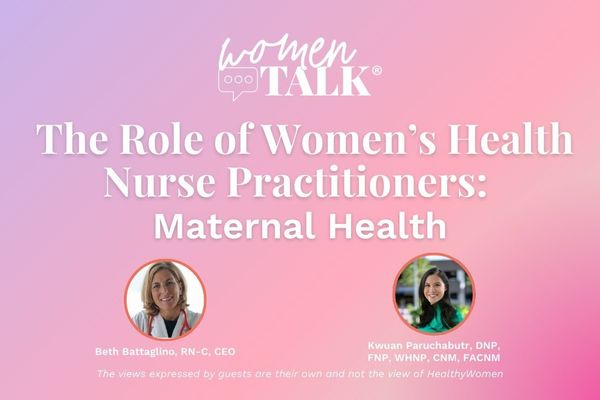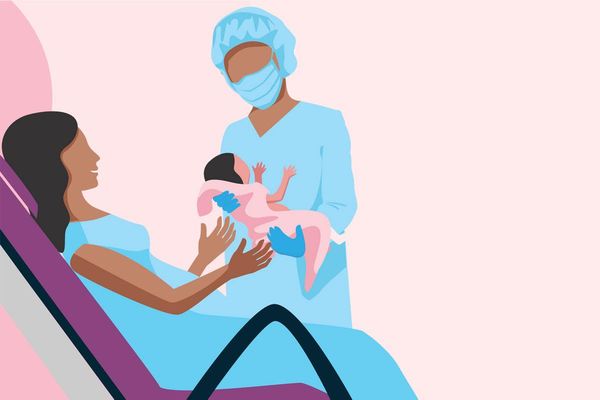When you're 17 weeks along, your baby is probably starting to reach some important milestones, which, granted, you won't be able to catch on video. While he builds strong bones and begins to hear your voice, you may experience some not-so-pleasant side effects (hint: better grab some tissues).
Tip of the week:
Nothing is worse than missing out on sleep due to a stuffy nose, but as an added bonus your swollen airways may also make you snore more often than you did before. To alleviate this nighttime congestion, try using a humidifier in your bedroom or wearing nasal strips to expand your nasal passages. It may also help to use an extra pillow or two to prop your head up (bonus: this can help with acid reflux too!).
At this point in your pregnancy, your little one's skeleton is transforming from soft cartilage, like that found in your nose and ears, to the strong bones that will soon carry him as he learns to crawl, walk and, eventually, run.
Just as important as the bones that will help him become mobile are those in his inner ears that will allow him to hear. In fact, those are becoming more complex by the day, so he may even be able to detect your voice. So go ahead, start talking, reading or playing music to your baby. You may want to choose a relaxing song to play now that can also be used soothe your baby once he's made his entrance—studies have shown a correlation.
The umbilical cord is also getting stronger and thicker, so it's now better able to nourish his relatively fragile body. Also helping him gain weight and get stronger is the development of adipose fat—a very important component of the metabolic system—helping to fill out his features.
If someone catches you sniffling right about now, it may not be due to the whirlwind of emotions you're feeling, but rather the fact that many women experience heightened nasal congestion and allergies starting around their 17th week of pregnancy. This occurs—you guessed it—because of hormonal changes, which may cause swelling of the nasal passages. Even women who are not long-term allergy sufferers may be sniffling, sneezing and have watery eyes during pregnancy. This condition is called rhinitis of pregnancy and should, thankfully, disappear soon after pregnancy. However, if your stuffy nose is accompanied by other symptoms of infection, it could be something more, so talk to your health care professional about it.
So, how can you cope? Some natural options include using an over-the-counter, 100-percent saline nasal spray, a neti pot rinse with saline solution or steam from the sink or shower, and avoiding environmental irritants and triggers like cigarette smoke and chemical fumes.
If these methods don't work and the congestion is really getting you down, talk to your health care professional about other decongestant options. Some antihistamines and allergy medications are considered safe during pregnancy, but don't take any without checking with your health care professional, even if you were taking them before you got pregnant. Drugs containing pseudoephedrine are usually not recommended during pregnancy.







